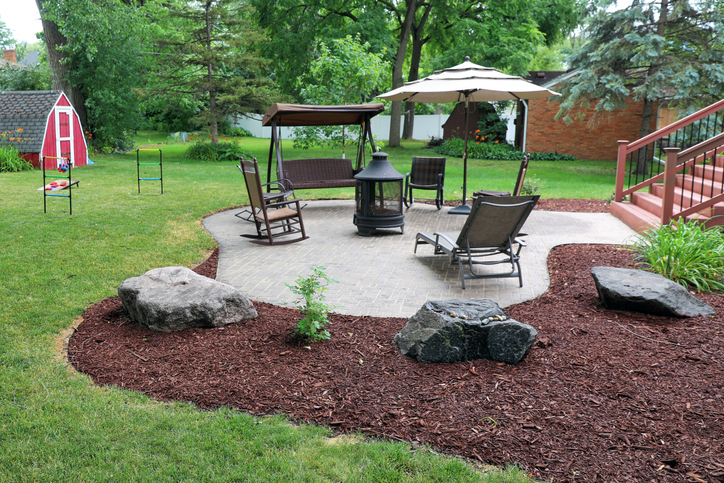Maintaining a lush and thriving garden requires more than just a green thumb – it demands strategic planning and timely care. One essential practice in achieving garden greatness is mulching. Mulching not only enhances the visual appeal of your garden but also plays a critical role in soil health and plant growth. As the trusted source for top-notch soil products, Soil Kings is here to guide you through the best time of year to mulch your garden and reap the rewards of a vibrant outdoor space.
Mulching for Different Seasons
The best time to apply mulch to your garden can vary depending on your specific climate, the type of plants you have, and your gardening goals. However, here are some general guidelines to help you determine the optimal time for mulching:
- Spring: Early spring is a great time to apply mulch. Once the soil starts to thaw and dry out, usually after the last frost, you can spread mulch around your plants. This helps to lock in soil moisture, regulate temperature, and suppress weed growth as your garden awakens from winter dormancy.
- Summer: While mulching can be done throughout the growing season, early summer is a good time to add mulch before the heat of midsummer sets in. Mulching in early summer helps retain moisture, regulate soil temperature, and prevent weed growth during the hottest months.
- Fall: Mulching in the fall is essential to prepare your garden for the winter months. Apply mulch a few weeks before the first hard frost to help insulate the soil, retain moisture, and protect plants’ roots from freezing temperatures. Fall mulching also helps prevent the freeze-thaw cycles that can damage plant roots.
- Late Fall or Winter: In regions with harsh winters, applying an additional layer of mulch in late fall or early winter can provide extra insulation and protection for your plants. This is especially important for perennial plants and young trees.
- Avoiding Late Winter or Early Spring: It’s generally recommended to avoid applying mulch in late winter or very early spring when the soil is still frozen or too wet. Applying mulch under these conditions can trap excess moisture in the soil and lead to rot or disease issues.
Tips for Timely Mulching
- Choose the Right Mulch: Depending on the time of year and your garden’s needs, opt for the appropriate type of mulch. In spring and summer, lighter mulches like Soil Kings’ Bowcrow and Parkland Premium Plus Mulches are ideal for moisture retention and temperature control. For fall, consider heavier mulches like Black Premium mulch which provide better insulation against cold weather.
- Prep the Soil: Before mulching, ensure your garden soil is well-hydrated. A layer of compost or organic matter can be added to improve soil structure and boost nutrient content.
- Avoid Piling Mulch Against Stems: Whether you’re mulching around trees, shrubs, or smaller plants, make sure the mulch doesn’t come into direct contact with stems or trunks. Piling mulch against plant bases can create a moist environment that encourages pests and diseases.
- Monitor Mulch Thickness: A general rule of thumb is to keep your mulch layer around 2 to 4 inches thick. Too much mulch can suffocate plants and lead to waterlogging, while too little may not provide adequate protection.
Mulching is a year-round practice that contributes significantly to the health and beauty of your garden. Understanding the best times of year to mulch can help you optimize its benefits, from conserving moisture and regulating temperature to promoting healthy plant growth and inhibiting weed competition. When it comes to nurturing a flourishing garden, Soil Kings has you covered with our premium mulch products. As the seasons transition and the landscape transforms, our mulch becomes your garden’s best friend, offering a range of benefits that enhance both its beauty and vitality. Contact us today!




